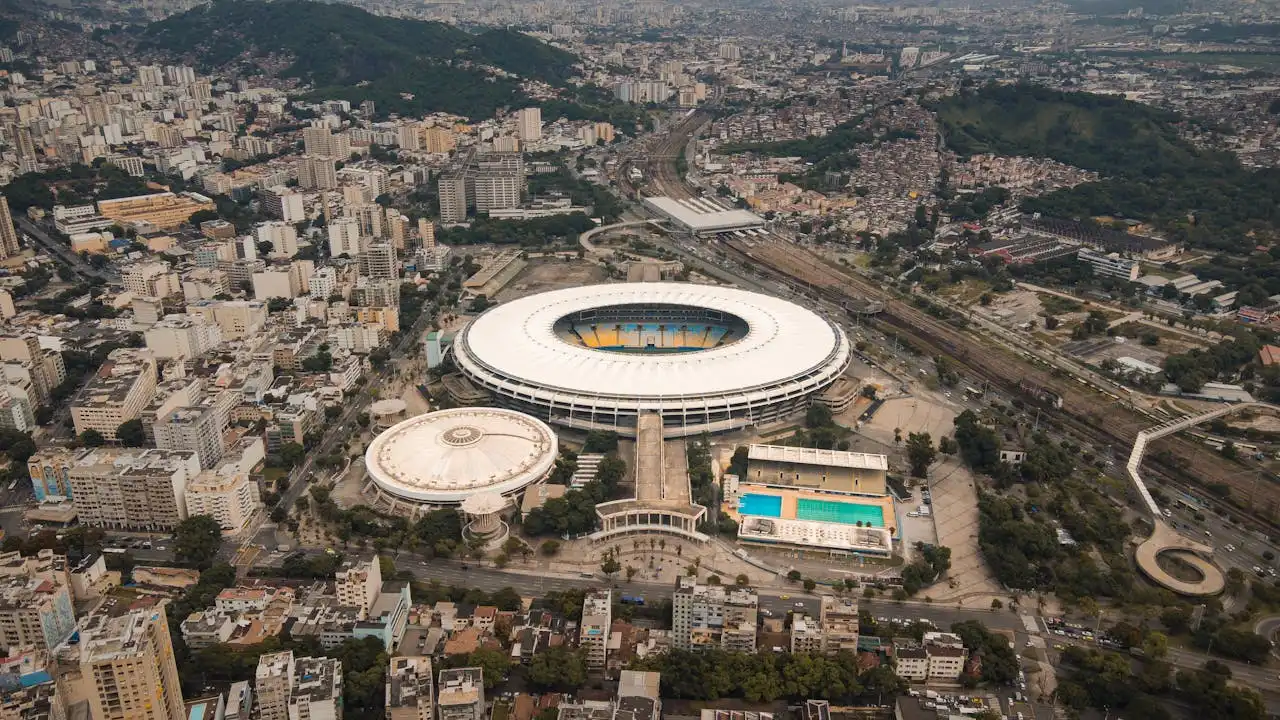The Beautiful Game's Blended Identity: How Naturalized Players Reshape National Teams
Muhe - Wednesday, 23 July 2025 | 04:00 PM (WIB)


Game-Changers: Iconic Naturalized Players
Take Jorginho, for instance. Born in Brazil, this midfield maestro became absolutely instrumental in Italy's Euro 2020 triumph. His cool head and passing range were a massive part of their success. Or remember Diego Costa? A fiery Brazilian striker who became Spain's spearhead for a while. Though his tenure was sometimes controversial, his presence undeniably added a different dimension to their attack. And let's not forget the emotional tale of Eder, born in Guinea-Bissau, who scored the winning goal for Portugal in the Euro 2016 final – an iconic moment that etched his name into Portuguese football history.These aren't just one-off stories; they're becoming increasingly common across the globe. Smaller footballing nations, especially, have leveraged this strategy to their benefit. Qatar, for example, heavily relied on naturalized players to win the AFC Asian Cup, showcasing how this approach can yield immediate, tangible success, even if it does raise eyebrows among purists. It’s a simple equation for many federations: why build when you can buy (or, rather, naturalize)? The direct impact on a team's strength can be instantaneous, often turning a good team into a great one, or a struggling one into a competitive force.The Great Debate: Fair Play or Plastic Patriotism?
But here’s where things get juicy. Is it fair? Does it dilute the very essence of national team football, which, at its heart, is supposed to be about players representing the land of their birth, their culture, their upbringing? You hear the term "plastic patriotism" thrown around, and it's easy to see why. On one hand, you have a player who might feel a genuine connection to their adopted homeland after living there for years, perhaps even raising a family. They've paid their dues, learned the language, embraced the culture. They have skin in the game. On the other hand, traditionalists argue it undermines local youth development, creating a shortcut that bypasses the hard work of nurturing talent from the ground up.FIFA has rules, of course – players usually need to have resided in the country for a certain period (currently five years after turning 18) and not have played a competitive senior match for their birth nation. But in a globalized world, where talent knows no borders, these lines are constantly being redrawn. It's a complex ethical tightrope walk, and there's no easy answer. It’s not as simple as black and white, especially when you consider the personal journey of a player.Beyond the Headlines: Long-Term Implications
So, what does this mean for the long game? Is naturalization a sustainable strategy, or just a quick fix? While it can undeniably provide a massive shot in the arm for a national team's immediate prospects, you gotta wonder about the long-term legacy. Does it truly build a strong footballing culture from within, or does it just paper over cracks that will reappear when the naturalized stars retire? Fans, too, have their say. While they cheer the goals and celebrate the wins, do they truly embrace these naturalized heroes with the same fervor as someone who came up through their nation's youth system? It's a nuanced discussion, often playing out in the stands and on social media.The trend shows no signs of slowing down; in fact, as global migration continues and football becomes even more interconnected, we might see even more blended national teams. This phenomenon reshapes how we view national identity in sport, pushing the boundaries of what it truly means to represent a country. It's a bit of a double-edged sword: short-term gain often comes at the expense of a potentially slower, more organic long-term development.At the end of the day, the impact of naturalization on national teams is undeniable. It's a strategic tool that can transform a struggling squad into a contender, providing immediate competitive advantage and thrilling moments for fans. But it also sparks heated debates about identity, fairness, and the very soul of the beautiful game. As football continues to evolve, these stories of players changing allegiances will only become more common, adding another layer of intrigue to the most popular sport on the planet. It’s a whole different ball game out there, and it’s fascinating to watch it unfold.
Liverpool vs Arsenal Prediction: Week 3 of the 2025/2026 Premier League
14 days ago

Rayo Vallecano vs. Barcelona Prediction: Week 3 of La Liga 2025/2026
14 days ago

Messi's Last Dance? The GOAT Hints at a Potential World Cup Farewell in 2026
15 days ago

Real Madrid vs Mallorca Prediction: Los Blancos Aim for Third Consecutive Win
15 days ago

West London Derby: Chelsea vs. Fulham Prediction, Week 3 Premier League Match
15 days ago

Manchester United vs Burnley Prediction: Tough Test at Old Trafford
15 days ago

The Roar of History: Why Almaty Ortalık Stadium Isn't Just a Venue, It's Kazakhstan's Heartbeat
15 days ago

Wayne Rooney’s Stark Warning: Can Manchester United Still Attract Elite Managers?
15 days ago

The End of the Road: Ole Gunnar Solskjaer's Turkish Adventure Concludes Abruptly at Besiktas
16 days ago

Argentina vs. Venezuela: Lionel Messi's Final Moments in Home?
16 days ago
